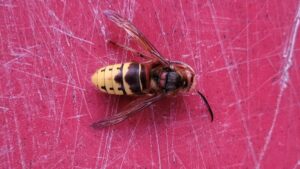“USDA Market News works with State Departments of Agriculture and local and regional food systems to provide prices, volume, and other information on agricultural commodities sold at local and regional markets throughout the United States. Information gathered from Farmers Markets, Farmers Auctions, Food Hubs, Direct to Consumer sales, Retail advertisements, and Farm-To-School programs is currently available for select locations. More reports and locations will be added in the future.” – https://www.ams.usda.gov/market-news/local-regional-food
Click on the links below to see monthly grass fed beef, lamb, goat, pork, poultry and dairy reports from around the nation. Go to the link above to see other market reports for national and regional Farmers Markets, Farmers Auctions, Farm-to-School, and Retail.
- National Grass Fed Beef Report (Monthly) (pdf)
- National Grass Fed Lamb and Goat Report (Monthly)
- National Monthly Pasture Raised Pork Report (pdf)
- National Monthly Pasture Raised Poultry Report (pdf)
- National Organic Dairy Products Prices
- North Carolina Grass Fed Beef Report (Monthly)
- North Carolina Pasture Raised Lamb Report (Monthly)
 agricultural and educational experience will be held Thursday, March 10 through Saturday, March 12 in New Orleans, LA.
agricultural and educational experience will be held Thursday, March 10 through Saturday, March 12 in New Orleans, LA.
